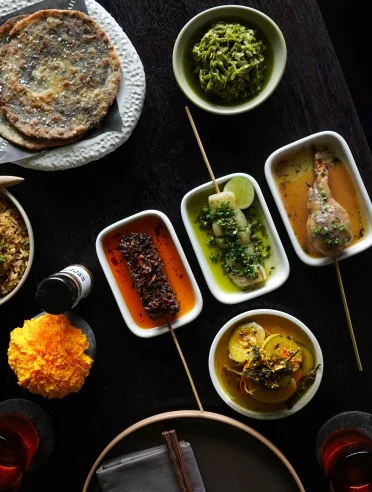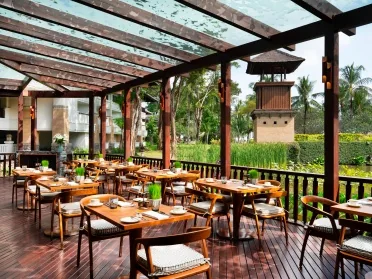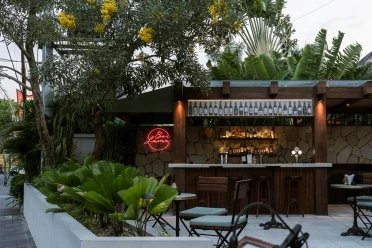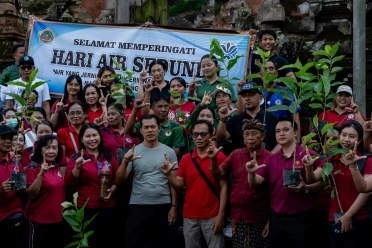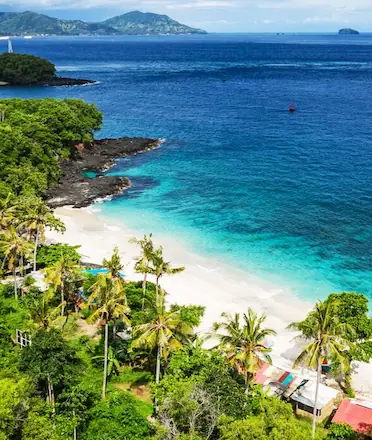Bali, widely known for its lush rice fields, aromatic coffee, and vibrant citrus groves, is making waves in the global wine industry. The island’s unique tropical climate and volcanic soils have given rise to a distinctive winemaking scene, capturing the interest of international sommeliers and wine connoisseurs. As wine tourism gains momentum, vineyards across Bali are offering immersive experiences, inviting travelers to explore a lesser-known facet of the island’s rich agricultural heritage.
The island’s unique tropical climate and volcanic soils have given rise to a distinctive winemaking scene, capturing the interest of international sommeliers and wine connoisseurs.
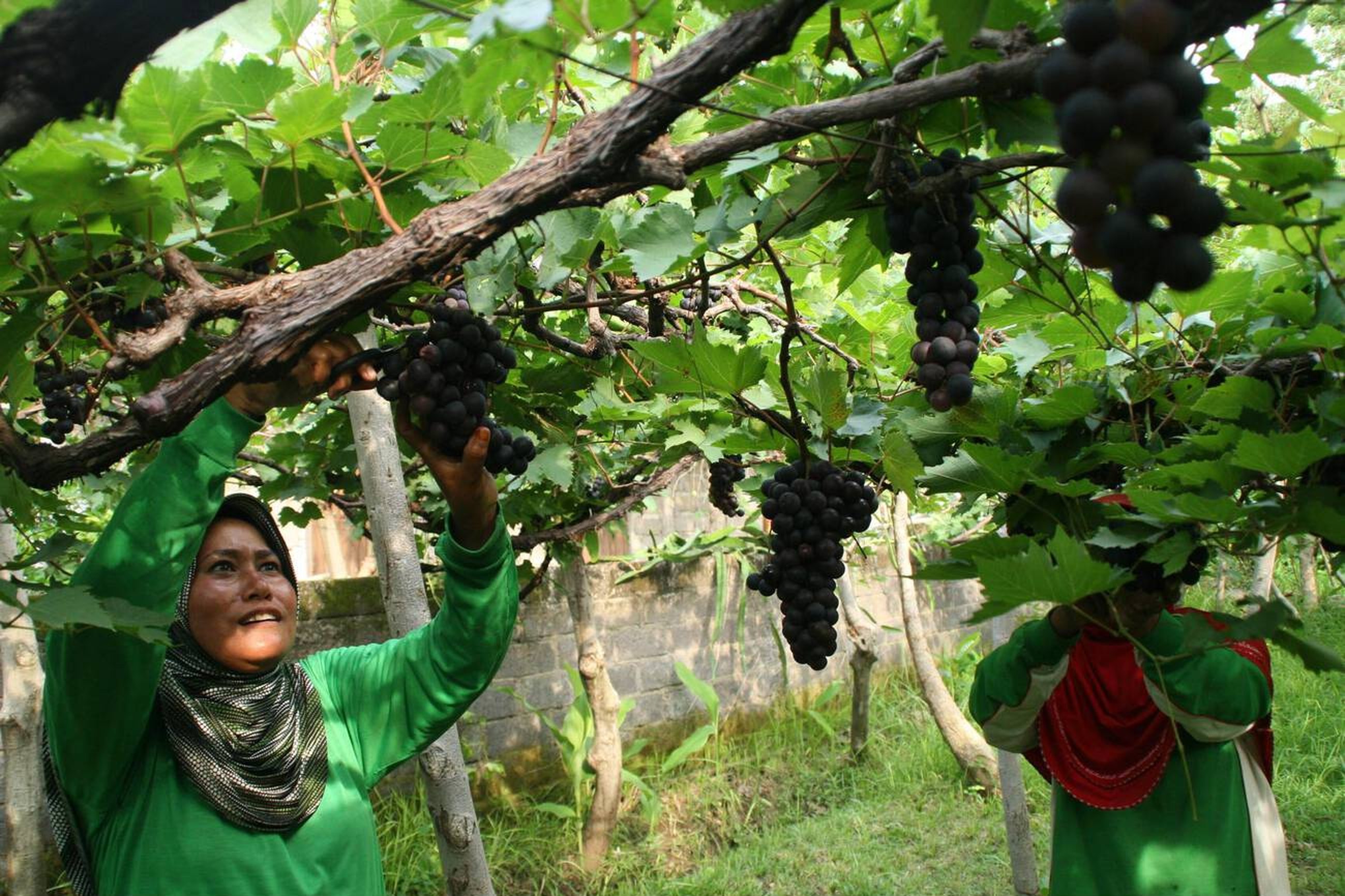
The Unique Climate and Year-Round Harvest
The heart of Bali’s wine industry lies in the northern region, where vineyards flourish under the island’s year-round sunshine. Unlike traditional wine-producing regions that rely on seasonal harvests, Bali’s vineyards cultivate evergreen vines, producing fruit throughout the year. This results in non-vintage wines that embody the island’s terroir, a testament to its adaptability in winemaking.
Pioneering Wineries and Award-Winning Wines
Among the most celebrated wineries in Bali, one stands out for pioneering the island’s viticulture. Established decades ago, this winery has set the foundation for local winemaking, crafting an array of wines that reflect both heritage and innovation. The winery’s vineyards, primarily located in North Bali, began with a focus on heritage grape varieties and have since expanded to include international varietals, resulting in an award-winning portfolio that showcases the island’s vinicultural potential.
Wine Tasting and Vineyard Tours
Wine enthusiasts visiting Bali have the opportunity to experience this thriving industry firsthand. Tasting rooms and cellar doors in key locations, particularly in Sanur and North Bali, offer guided tastings that feature an extensive selection of wines, from sparkling and white to rosé, red, and even fortified dessert wines. These experiences not only highlight the unique characteristics of Balinese wine but also provide insights into the meticulous processes involved in its production.

For those seeking an even more immersive experience, vineyard tours in North Bali provide a closer look at the winemaking journey. Visitors can walk among the vines, learn about the cultivation and harvesting techniques, and enjoy tastings that allow them to appreciate the nuances of each varietal. Observation decks at select vineyards offer breathtaking views that stretch from lush grapevines to the island’s majestic mountain peaks, creating a perfect backdrop for wine appreciation.
Emerging Vineyards and Agritourism
Beyond a single winery, Bali’s wine scene continues to expand, with emerging vineyards introducing innovative approaches to viticulture. One such vineyard in Patemon Village offers an interactive agritourism experience, allowing guests to pick their own grapes while exploring the diverse varieties grown on the estate. This hands-on approach to wine tourism adds an engaging element for visitors eager to connect with the land and its produce.
Thriving Local Wine Brands
Bali’s wine industry is flourishing, with several local brands gaining recognition for their quality and craftsmanship. Among them, Hatten Wines has solidified its reputation as a leader in Balinese winemaking, producing an extensive selection of wines that cater to a diverse palate. Sababay Winery is another prominent name, known for its dedication to sustainable winemaking and innovative blends. Two Islands Wines, specializing in premium wines crafted from imported grapes, has also made its mark in the industry. These brands are not only elevating Bali’s presence in the global wine scene but also offering wine enthusiasts a taste of the island’s unique terroir.
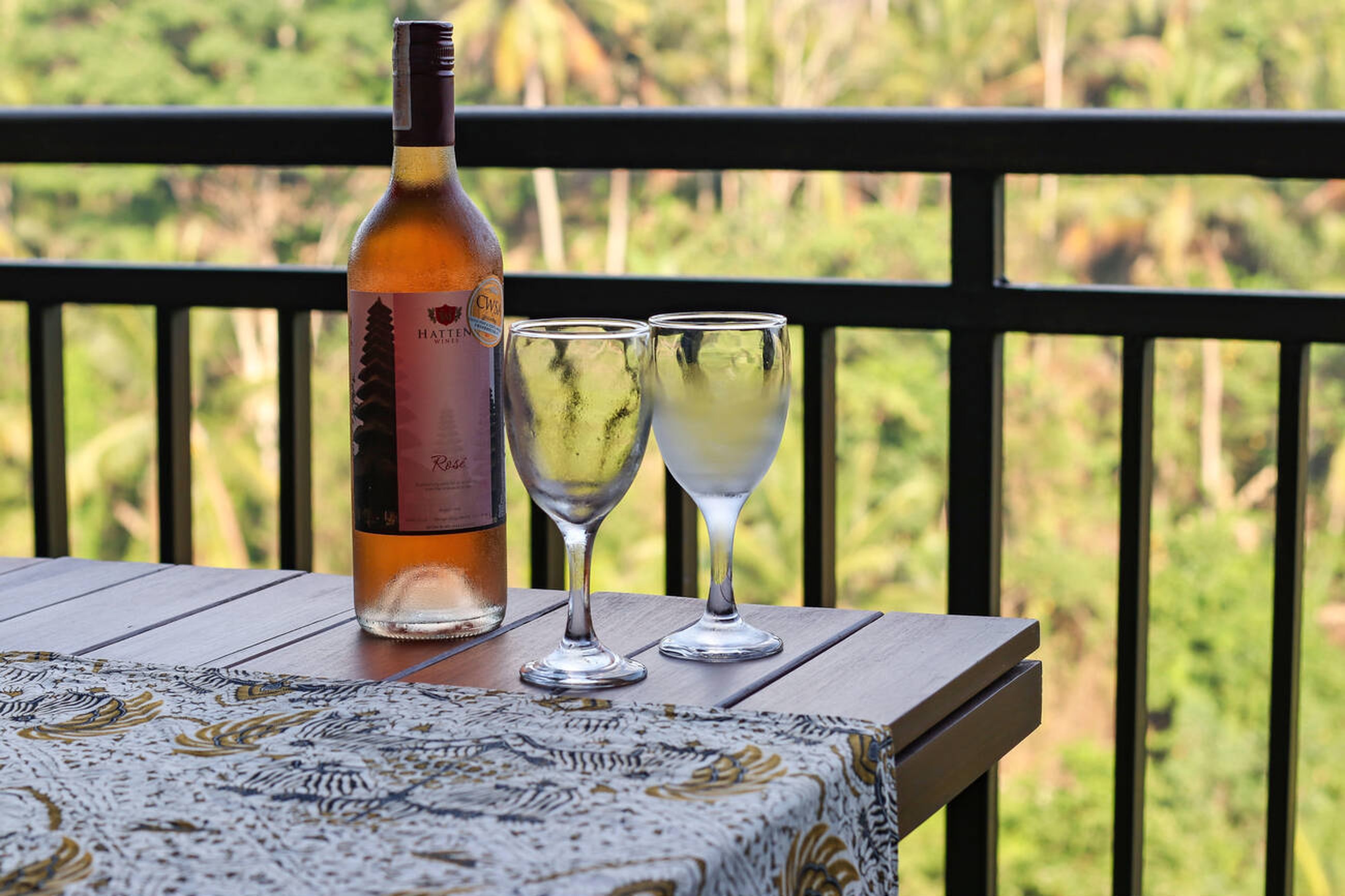
The Broader Beverage Movement in Bali
The rise of Bali’s wine industry is part of a broader movement within the island’s beverage sector. Bali is not only making strides in winemaking but also celebrating its traditional liquor and health drinks. The island’s signature spirit, arak, has gained significant recognition, with local brands incorporating it into modern cocktail creations. Additionally, jamu, a traditional herbal health drink, has been granted protected status by UNESCO, further cementing Bali’s reputation as a hub for distinctive beverages.
Reflecting the fusion of modern and traditional influences, new products continue to emerge, blending local flavors with contemporary tastes. A recent launch by a leading beer brand introduced a beverage that combines arak with Kintamani orange and honey, showcasing Bali’s innovative approach to its native ingredients.
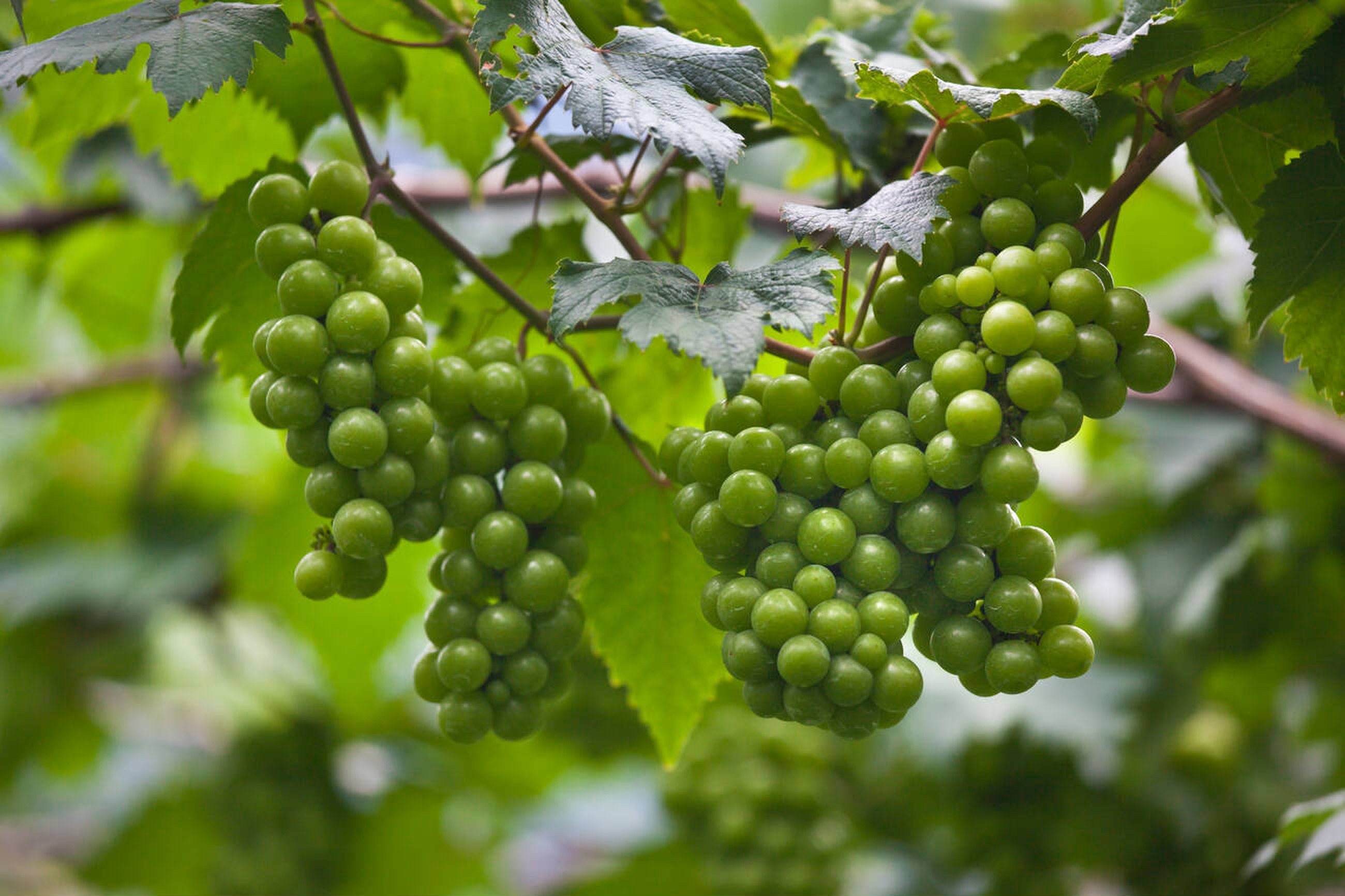
Bali’s Wine Industry on the Global Stage
As Bali’s wine industry continues to grow, it is carving out a distinct identity on the global stage. With an increasing number of vineyards, award-winning wines, and immersive tasting experiences, the island is fast becoming a must-visit destination for wine lovers. Whether exploring vineyard landscapes, savoring Balinese wine flights, or discovering the synergy between tradition and innovation, wine tourism in Bali offers a journey that is as enriching as it is flavorful. For travelers seeking a unique and sophisticated experience, Bali’s wine scene promises an unforgettable taste of the island’s evolving culture.



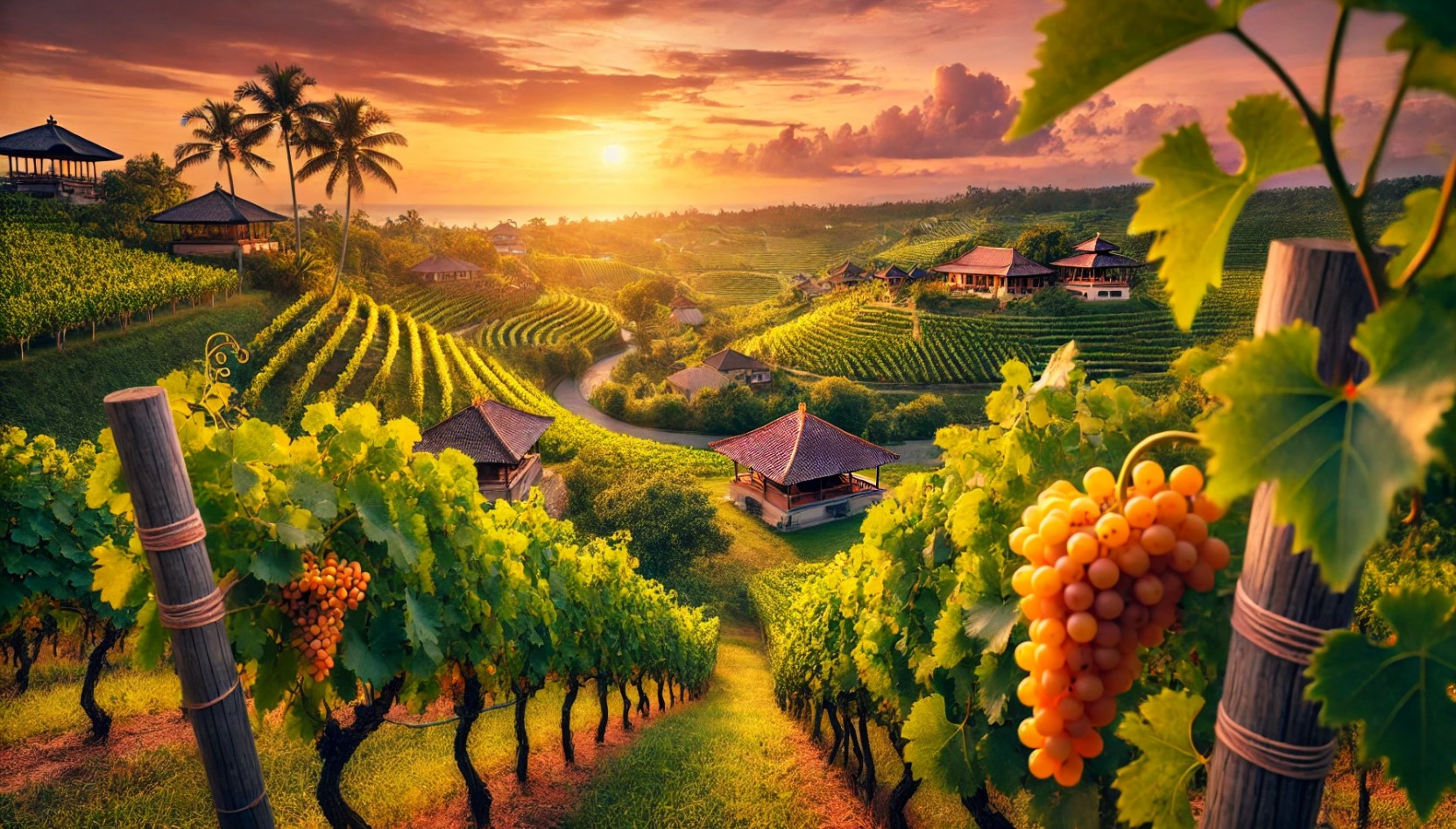
 Billy Bagus
Billy Bagus
 Feb 13, 2025
Feb 13, 2025
